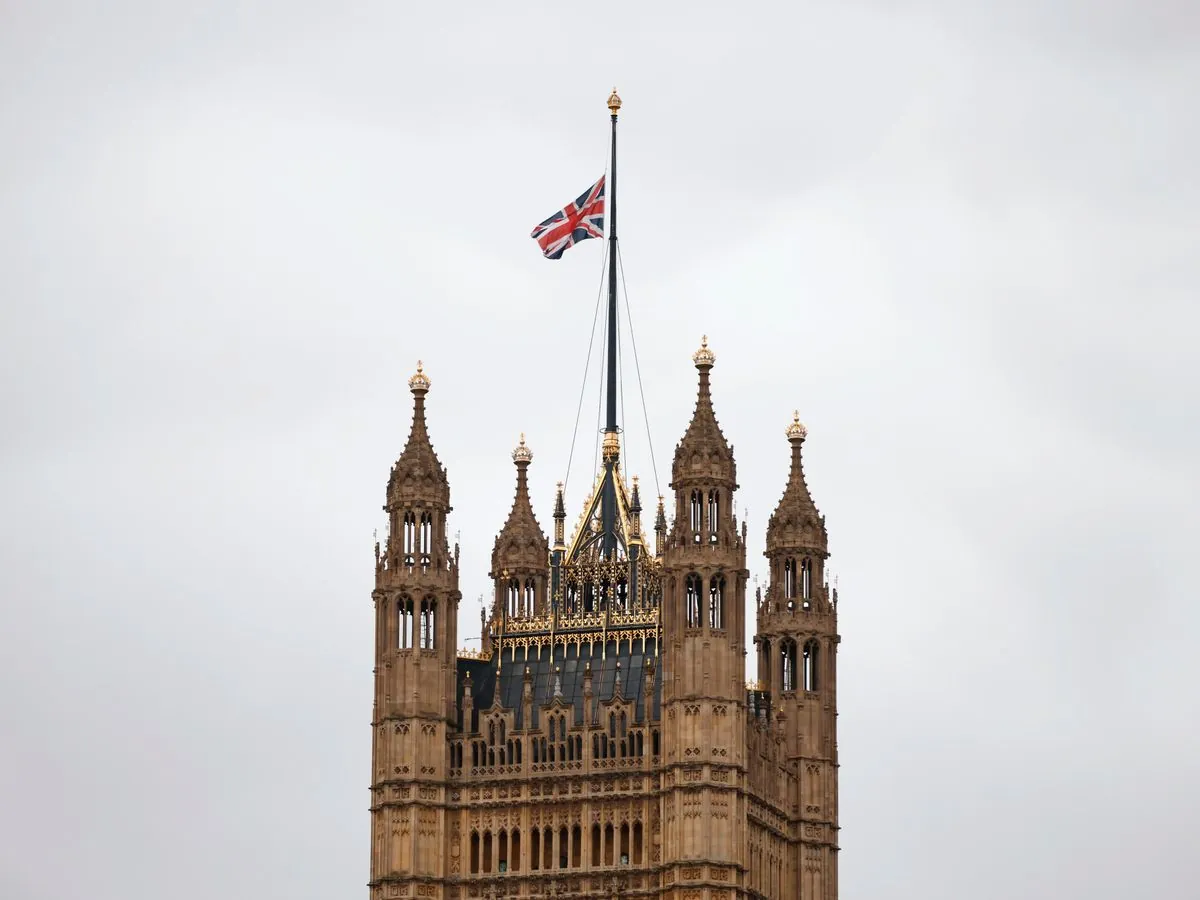Economic Debates and Cultural Shifts: A Multifaceted Look at British Society
From tax policy to public sector expectations, this article explores various aspects of British life. It covers economic theories, NHS appreciation, political commentary, and historical anecdotes, offering a diverse perspective on current issues.

The ongoing debate about economic policies in the United Kingdom continues to spark discussion. A recent commentary praised Art Laffer's economic theory, which suggests that lower tax rates can stimulate economic growth. This concept gained prominence in the 1970s when Denis Healey implemented an 83% top tax rate, leading to economic challenges. Proponents argue that reducing tax rates could unleash entrepreneurial spirit and drive economic growth.
Public sector employment has undergone significant changes in recent years. The traditional notion of public service as a vocation has evolved, with employees now seeking careers that offer flexibility and work-life balance. This shift reflects broader changes in workplace expectations across various industries.
The National Health Service (NHS) received widespread appreciation during the COVID-19 pandemic. However, some argue that this gratitude was specifically directed at frontline healthcare workers rather than the entire organization. The public's clapping during lockdowns was seen as recognition for the dedication of doctors and nurses working in challenging conditions.
"Clapping for NHS like 'national religion' is dangerous"
Political figures continue to face scrutiny over their records and proposals. Robert Jenrick, a former government minister, recently outlined policy objectives that have drawn both support and criticism. Some question the feasibility of his plans given his previous tenure in government.

In educational news, Harrow School has plans to expand its presence in China, despite changes to education laws in the country since 2019. The school argues that its international campuses provide valuable exposure to British education while helping fund bursaries for students in the UK.
Cultural events are also experiencing changes. The Last Night of the Proms, an annual concert at the Royal Albert Hall, has implemented new rules regarding flag sizes and display. This decision has sparked debate among concert-goers about tradition and representation at the event.
Freddie Flintoff, former cricketer turned television presenter, has received praise for his work with disadvantaged youth. His recent program, which took young men from Preston to India, has been lauded for its educational impact and potential to inspire.
Discussions about postal services have centered on the design of new post boxes bearing King Charles III's cypher. Some critics argue that the new boxes lack the durability and craftsmanship of older models, which were often made by historic ironworks.
Lastly, a historical anecdote reminds us of Scotland's ill-fated attempt to establish a colony in Darien (now part of Panama) in 1695. This venture, led by William Paterson, resulted in significant financial losses and contributed to the formation of the Union in 1707 and the subsequent creation of the Royal Bank of Scotland in 1727.
These diverse topics reflect the multifaceted nature of British society, encompassing economic theories, public service expectations, cultural traditions, and historical legacies that continue to shape contemporary discussions.


































